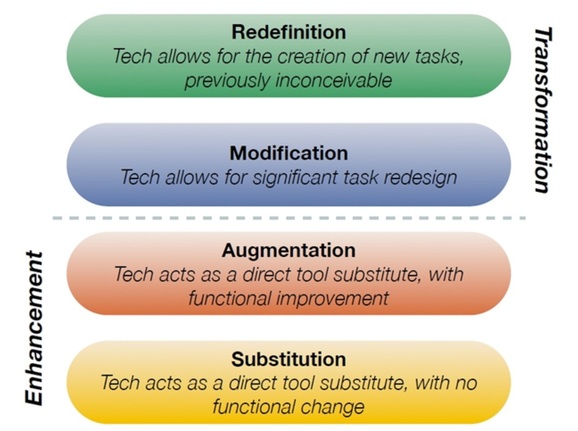I stumbled across this blog post through the portal of a podcast and YouTube video. http://myteachingnotebook.com/index.php/2015/08/29/my-journey-to-the-joy-of-learning/ And what I read and saw and heard from Michael Wesch was a reminder, that if I'm going to be a teacher, then I need to remember what it's like to be a learner. I can't remember what it's like to learn to write an essay for the first time or go online to find resources for my research, so really the only way to remember what it's like to learn is to LEARN.
So this thought stuck with me for a while. I'm really good at intending to learn things, HTML, watercolor, knitting, but I'm not really good at actually following through with those things. I still intend to learn to knit and code and paint awesome pictures, but my intention isn't helping me to experience learning.
Then I realized that even before I read that blog post, I actually was learning something new, or mostly new. For the past two months, I've been playing handbells. I learned basic music growing up. I know the different notes and how to read a measure and where to find my two notes on the treble clef, but I haven't read or played music in nearly 15 years, so I consider myself a novice. I'm having to learn how to count beats and play on time, what words like forte and martellato mean, and how to ring a bell and turn a page almost simultaneously. I'm learning to play handbells, and I'm enjoying it.
 |
| Chiu, N. (2009) Handbells. Flickr. |
I want this blog to be a reflection on my learning journey. I don't want it to be about my intention to learn, but rather written memories on what it's like to be the student. My teachers may come in person like the music director or they may come in the form of internet tutorials, online courses, or self exploration and failure. I need to push myself to learn a outside of my comfort zone because the courses I'll be teaching, while housed in the department of English, will consist of very few English majors who self-elected to spend their college careers reading and writing, and so the content might be a little (or a lot) outside of their comfort zones.
I also know that if I'm asking my students to write, then I should also be writing, so sometimes I'll be doing what I've already learned to do, but as with every field, you can always learn to do it better. It's just that I'll never get to go back to the first time I wrote my own research paper (it was on the dying out of frogs in our ecosystems) or the day I discovered the writing of Ernest Hemingway.
Learning to play handbells has already taught me some about what it's like to be a learner. I experienced not understanding the lingo of a particular field. At one rehearsal, the music director said to me as least 5 times, "play the take." My stand partner circled a note for me and said, "You play that one too." And on about the 6th time through, it finally dawned on me exactly what it meant to play the take, and I played my note. But the language was a total barrier to my understanding, even with all the cues I was given. And so now I know it's important to consider how you phrase feedback or directions to novice learners.
Playing handbells truly is a challenge for me. I have yet to play a song to perfection, nor do I ever think I will. While playing a song I will inevitably either miss a note, play the wrong bell, lose count, forget to take the repeat, play out of turn, or any combination of the above. But I'm okay with making those mistakes because I'm not made to feel like a failure of a musician when I do those things; we just keep practicing until we make fewer of them. The music director believes that anyone can play handbells, but that some just take more time and practice than others.
Isn't that how we should look at all of our learners? All of them can learn; some might take more time and practice, and some might make fewer or more mistakes than others. But if they ever feel like they can't or that they just weren't born with the natural talent to be a writer or a musician or a scientist or a whatever, then they're defeated before they even get started. So what can educators do for learners? We can believe in them, and we can empathize with them. We can create a space for them to make mistakes, to practice, and to perform, and sometimes all three might be happening at the same time.
I'll hope you'll join in learning with me. Here's to a wonderful journey for us all.

